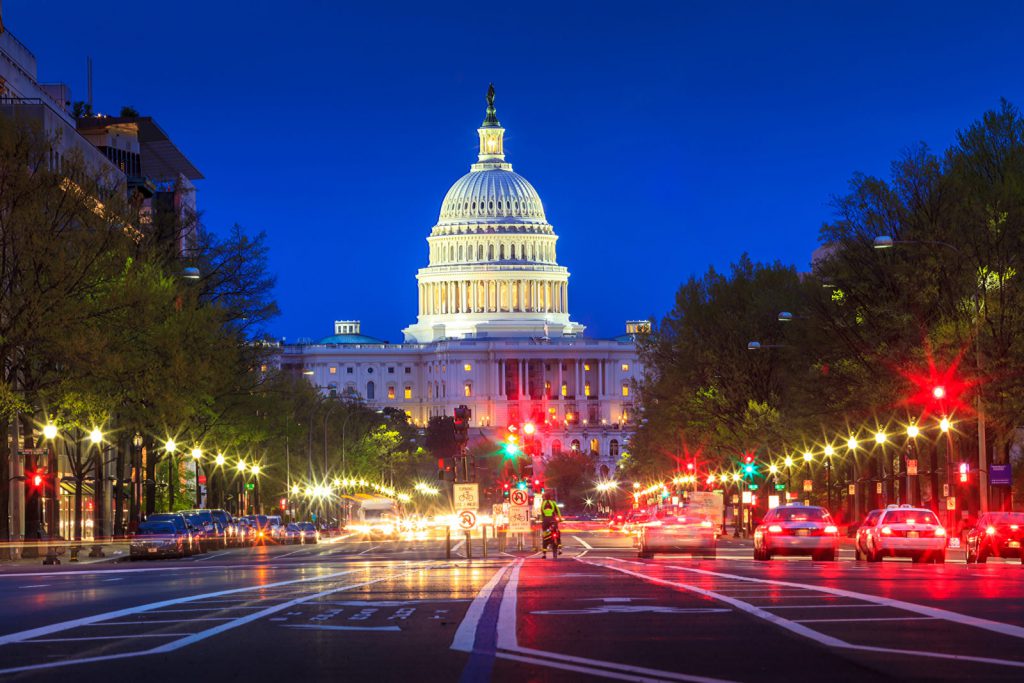
Published February 7, 2018
About five weeks ago, I suggested around here that the question of the Republican agenda for this year would largely be decided in the frantic process of funding the government:
If (as seems plausible) a bipartisan spending agreement is reached this month that establishes two-year spending levels or caps, I think it becomes fairly likely that there will be no 2019 reconciliation bill and so no welfare-reform bill and no return to health care.
So far, that seems to be what’s happening. That two-year caps agreement has just been rolled out, and although it doesn’t formally rule out a reconciliation bill it does make such a bill pretty unlikely unless some Republican members of Congress insist on pursuing one.
I suspect that an important part of the appeal of this deal for Democrats, even though it doesn’t resolve the immigration question they have put front and center, is that it strangles any real Republican agenda going forward. Without a reconciliation bill, only 60-vote legislation can get through the Senate. So there might be an attempt at a bipartisan infrastructure bill this year, though it is not easy to imagine one that would clear both houses. And there will surely be smaller measures attempted, like a farm bill or a modest banking bill. But no big Republican agenda items of the sort that health care and tax reform were last year.
Republican leaders in both houses have also committed to immigration votes, separate from the budget deal but essential to the Democrats’ support of it. But I would guess the most likely outcome there is another kind of extension: a bill that lets anyone who had been covered by DACA (but not other “dreamers”) retain those same protections for a year in return for a year’s worth of funding for the wall and other border measures. The logistics of that aren’t as simple as just extending the status quo (because some DACA recipients have been losing their status for some time now) but can be addressed legislatively. That would let both parties keep the issue alive during the election year—campaigning on immigration and avoiding painful capitulations that would demoralize their base voters—while still providing some protected status to the immigrants involved. That could well be resolved by early March.
And then what? This approach amounts to a wager by both parties that they are best off going to voters in November with basically the cards they now hold. Lots will surely happen between now and election day. Along with some modest bipartisan legislative measures we would probably see some administrative actions in various areas, some bizarre and harmful misbehavior and reckless attacks against our institutions by the president, and maybe also more dramatic developments in the Mueller investigation. But it does not look likely that there will be major legislative action this year.
I suspect that’s a better bet for Democrats than for Republicans, but it looks like we’ll find out. Unless, that is, Republicans who want to see some more ambitious legislative efforts insist on advancing a reconciliation bill for the year. They still have time to do that, for now.
Yuval Levin is the Hertog Fellow at the Ethics and Public Policy Center.







